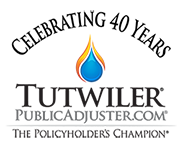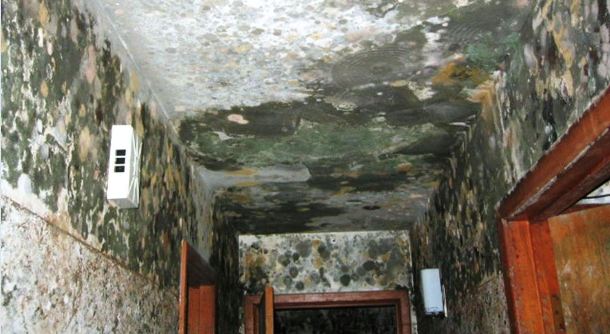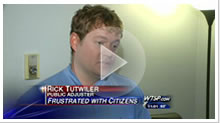Most insurance companies use a central index bureau that records information about an insured and their property when a claim is turned in. For water/mold this is called a “CLUE” report (Comprehensive Loss Underwriting Exchange). If a new insurance company submits an inquiry on your property, old loss information will show up. Thus it is important to have experts provide you with air quality clearance reports once your remediation is complete. You should keep this information in a secure place in the event you need to verify to someone that the work was completed by an expert.
Charles R “Dick’ Tutwiler was retained as an expert in 2003 by the Florida Department of Insurance in the mold litigation that resulted when the Florida insurance industry sought to exclude mold coverage from their policies. He was also a speaker at the Toxic Mold Litigation Conference held at the Fontainebleau Hotel in Miami Beach in Oct 2002.
He has written several articles on the subject of mold, mold infestation and mold damage insurance claims which has been published in national publications. Please visit our important article section of the web site for other information about mold, and its history as it relates insurance property losses and damage claims.


